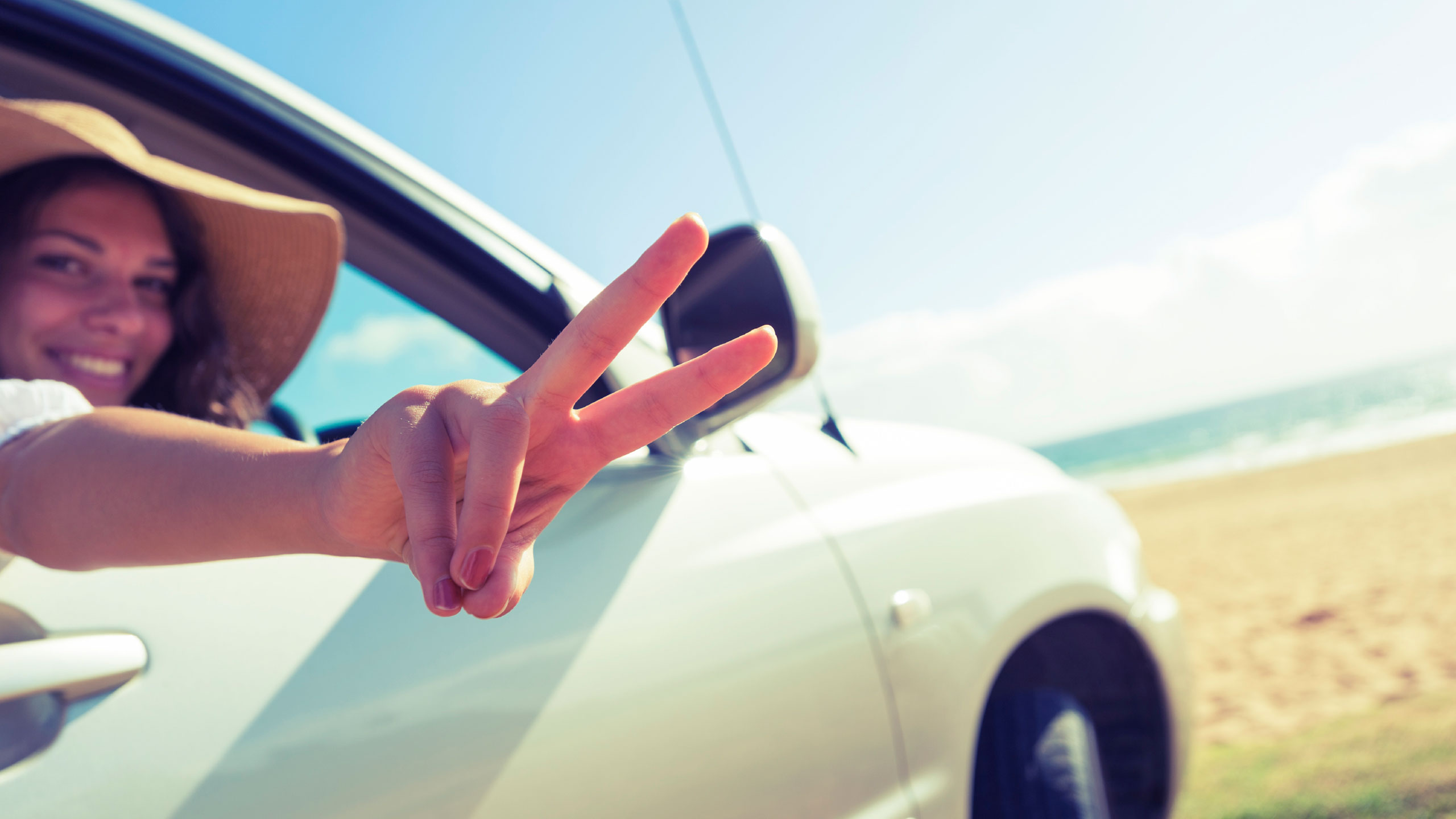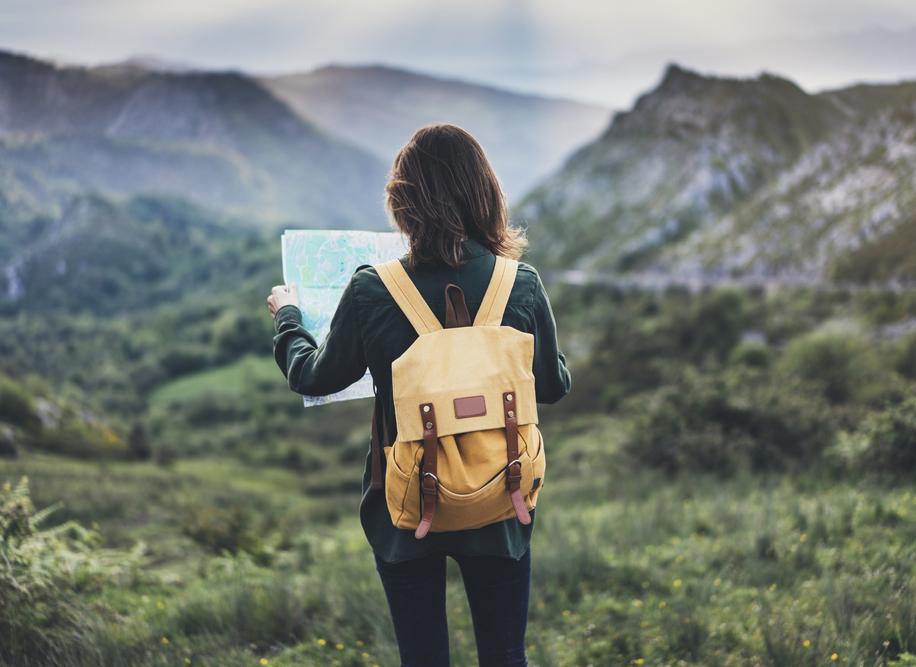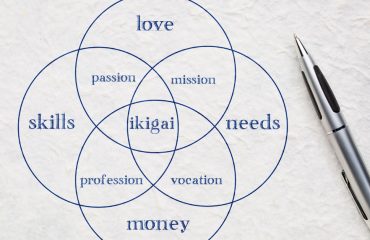
What comes to your mind when I say the word “travel”? Sun-soaked evenings, muddy beaches, exotic foods, Instagram-able views, hippie-places, calm breeze swaying through your hair. Almost more than half of the world’s population have “Traveling more” on their bucket list. Why do people love traveling? Everyone wants to travel the world, whether it is to meet new people, taste new food, or visit new places. The reasons can be mixed and unclear to many. However, the effects of traveling are almost priceless. It can improve well-being, can be a means to reward yourself, derive mental health benefits, etc. Of course, travel is good for the physical well-being. Nevertheless, the psychological benefits of traveling are immense.
Psychological effects of traveling:
A great stress buster.

Source: Everyday health
It does not mean to run away from your problems. It means to escape for a moment. Taking your attention away from the daily dilemmas and fantasizing about your trip. Even simple weekend getaways or longer vacations can help take the pressure off your lives. Fresh air and sunshine are wonderful medicines to destress. Freedom to take the day without a schedule can feel awesome.
It helps you reinvent yourself.
Traveling has always been one of the best ways to improve yourself. Planning a trip fills you with a sense of enthusiasm, relief, happiness, and joy. It is the best kind of self-love you can show yourself. You will discover your favorite kind of cuisines and go-to places. You will have stories to tell and lots to listen to. There is no age to fall in love with yourself. Traveling is the best method.
It boosts happiness and satisfaction.

Source: HuffPost
Travel provides lasting memories and has the ability to change your perspective and understandings of the world. Travel makes us happy because it offers us the opportunity to step outside our boring lives. Self-constructed realities are all-consuming. Traveling provides a platform to explore and practice our best versions for ourselves — who we might be if we were not exploited by our fears and anxieties. Simply put: Travel makes you happy.
It makes you mentally resilient.
It makes you mentally resilient. Taking a break from daily tasks and engaging in a new situation can work miracles in battling depression. Going and living somewhere where you feel excited and intimidated at the same time can help you toughen up mentally and emotionally. Traveling activities require mental agility. Activities like preparing schedules, booking flights, finding affordable hotels — everything requires mental toughening up. A visit to a new place can generate enough energy and help in refreshing the body and the mind. And once you become mentally stronger, you will return to your life as a new person with a rejuvenated interest in life.
It enhances your ability to be spontaneous

Source: Success Magazine
Spontaneous people make the best of every situation they face. They take control of everything life has to offer. Though happiness is a fleeting concept, having a mindset that allows you to always see the positive side of things certainly will optimize your ability to keep a bright outlook. Traveling can make you spontaneous. You can be going for a shopping spree and suddenly find a local museum nearby and take a de route to pay a visit. This freeness and liberation in your actions can actually make you more likable. You can enjoy the moment without worrying about the plan.
It allows you to learn how to communicate with strangers
It is necessary that we improve communication to state our thoughts out loud clearly and in a polite manner. Being able to communicate effectively is one of the most important life skills to learn. Communication is defined as transferring information to produce greater understanding. Traveling to different places will expose you to different cultures, backgrounds, and languages. Asking for road signs, buying stuff, eating local delights, learning their culture: all of this will need you to communicate to strangers and hance you will develop excellent soft skills.
Travelling can boost your confidence
Introverts or extroverts, traveling gives you a key to sociability, broadening your sense of community to our everyday life. Interacting with different people of different cultures and natives can give you a deeper broader understanding of people and their behaviors. This understanding helps you to better your social skills and also work on your self-esteem. You will be able to tackle any situation life throws at you with great confidence.
Travelling allows you to get to know yourself better.

Source: Under30experiences.
This is a main benefit of solo- traveling concept. Aside from the excitement, adventure, and discovery, solo travel has another major advantage that you may not have considered: Knowing yourself better. By getting the necessary time and solitude for reflection, relaxation, and introspection, solo travel can go a long way in reducing stress levels and learning about oneself. We come to know about our own habits, ways to handle stress, and we have only ourselves to rely upon.
Travelling allows you to shift your perspective

Source: medium.com
Our daily lives can become monotonous with routines, meetings, and deadlines. We run to meet and exceed the deadlines. We forget our creative side in such times. To unleash the creative child in us, we need to flex our neurons. So make the world our gym and workout that creative muscle. There is nothing as refreshing, humbling, or as scary as throwing yourself into the unknown than traveling abroad. The impact traveling has on one’s worldview allows one to do good work. It makes us think outside the box and that freedom feeds directly back into our waves of inspiration and the work we do.
To sum up, traveling has great benefits for increasing mental fitness and have more “me time”. When it comes to traveling, the psychological benefits can actually conquer depression. So I urge you to travel. Travel far and wide, without “what-ifs” and “buts”. Cross oceans and climb mountains with hope and magic in your eyes. Backpack to learn and teach. Travel to unwind and recoil.
To read more about how traveling can change you, click here.






